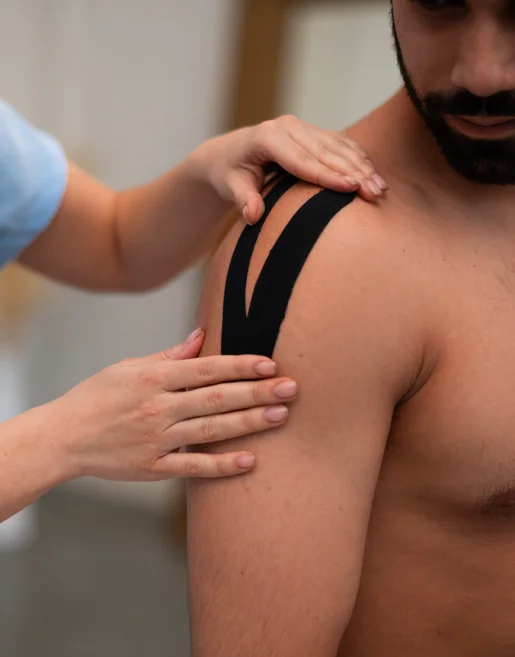Shoulder Arthroscopic Surgery in Bangalore: A Precise Approach to Relieve Shoulder Pain and Restore Mobility
Shoulder Arthroscopic Surgery
Arthroscopic shoulder surgery is a minimally invasive procedure that can effectively address various shoulder conditions causing pain and limiting your movement.
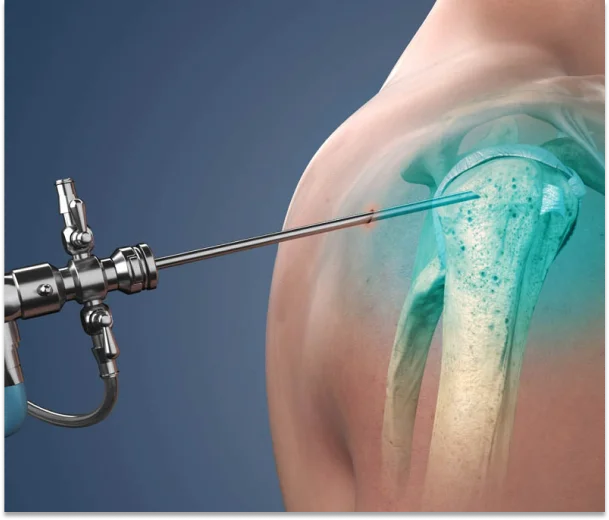
Reasons for Surgery
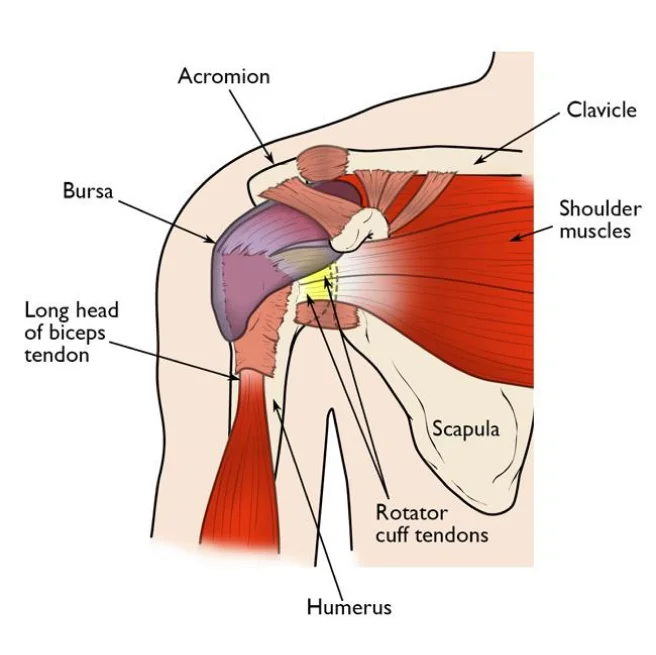
Conditions Treated

Chronic shoulder pain
Pain that interferes with daily activities and sleep.
Limited range of motion
Difficulty raising the arm, reaching behind the back, or performing overhead activities.
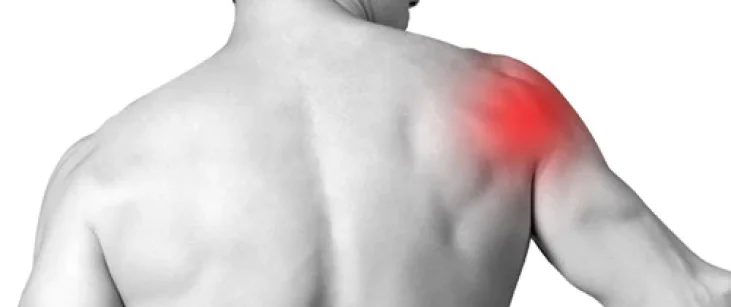
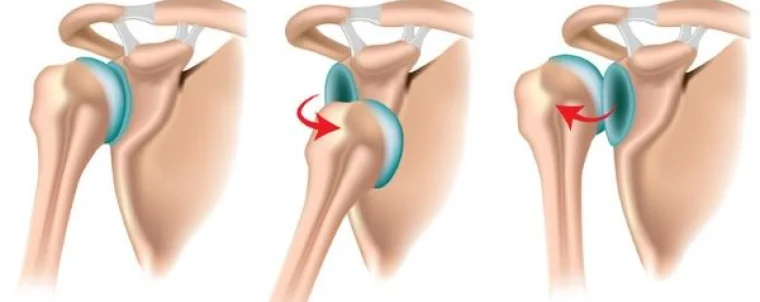
Instability
Feeling of the shoulder slipping or giving way.
Strength loss
Weakness in the shoulder muscles.
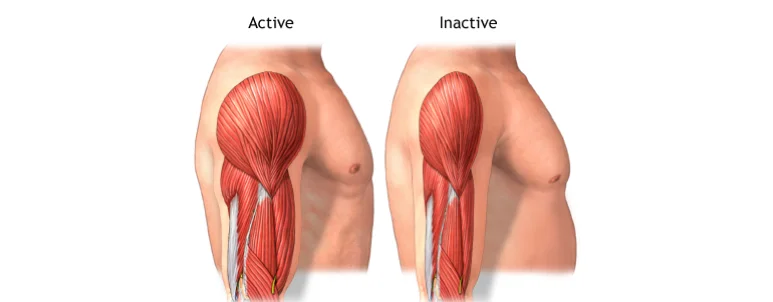
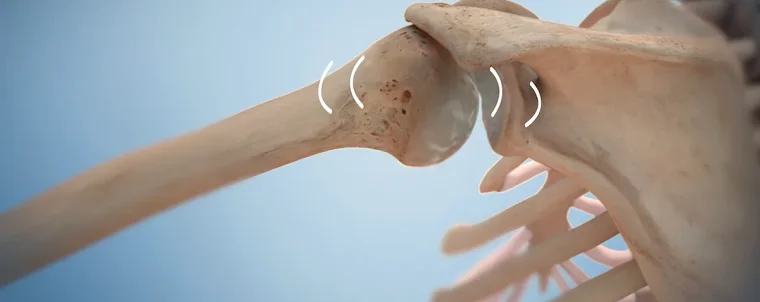
Joint clicking or popping
Sounds originating from the shoulder joint during movement.
Types of Shoulder Arthroscopic Surgery
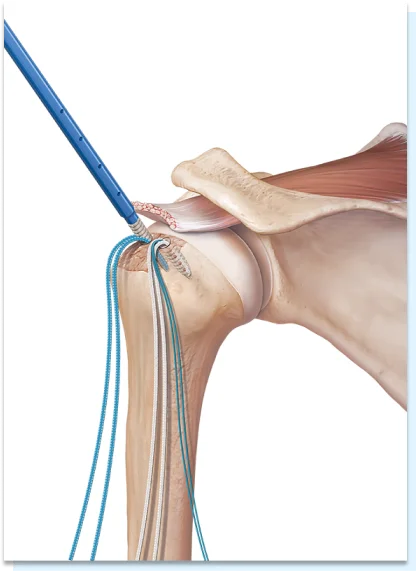
Rotator cuff repair
Suturing the torn tendon back to the bone.
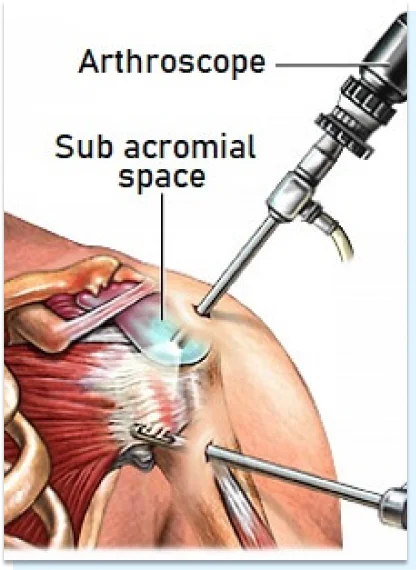
Subacromial decompression
Removing inflamed tissue to create more space for the rotator cuff tendons.
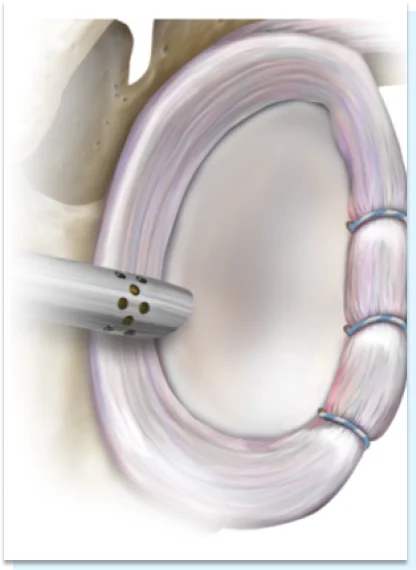
Labral repair
Stitching the torn labrum back in place.
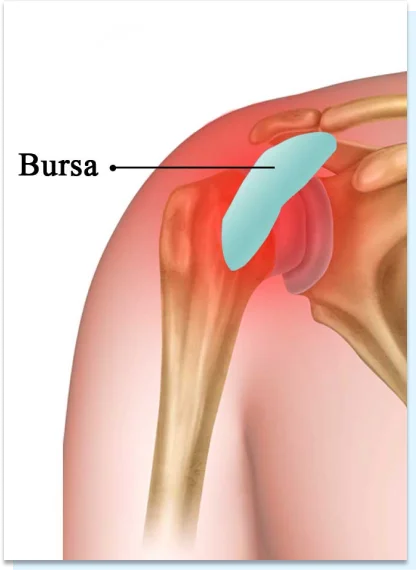
Bursectomy
Removal of the inflamed bursa.
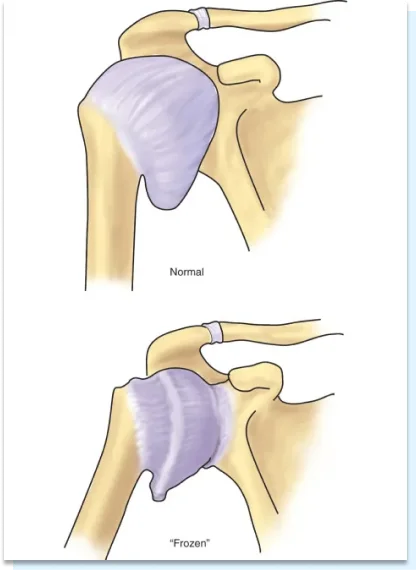
Adhesiolysis
Breaking down scar tissue to improve joint mobility.
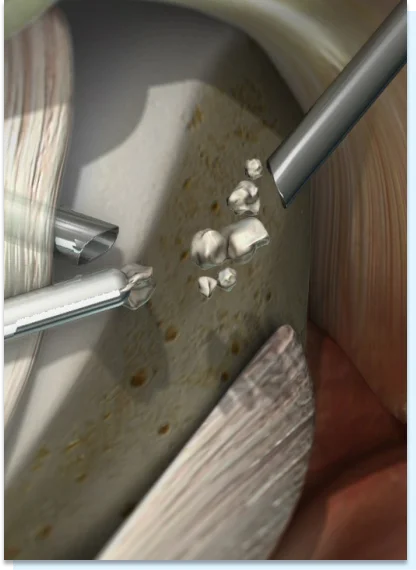
Loose body removal
Removing loose fragments of bone or cartilage from the joint.
The Surgery Process
Recovery
